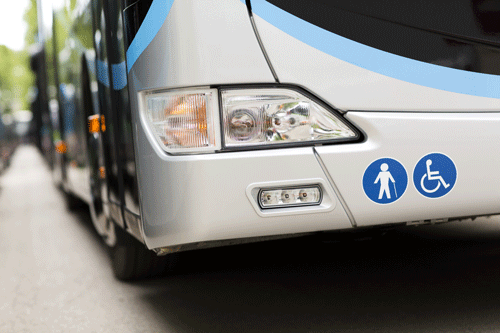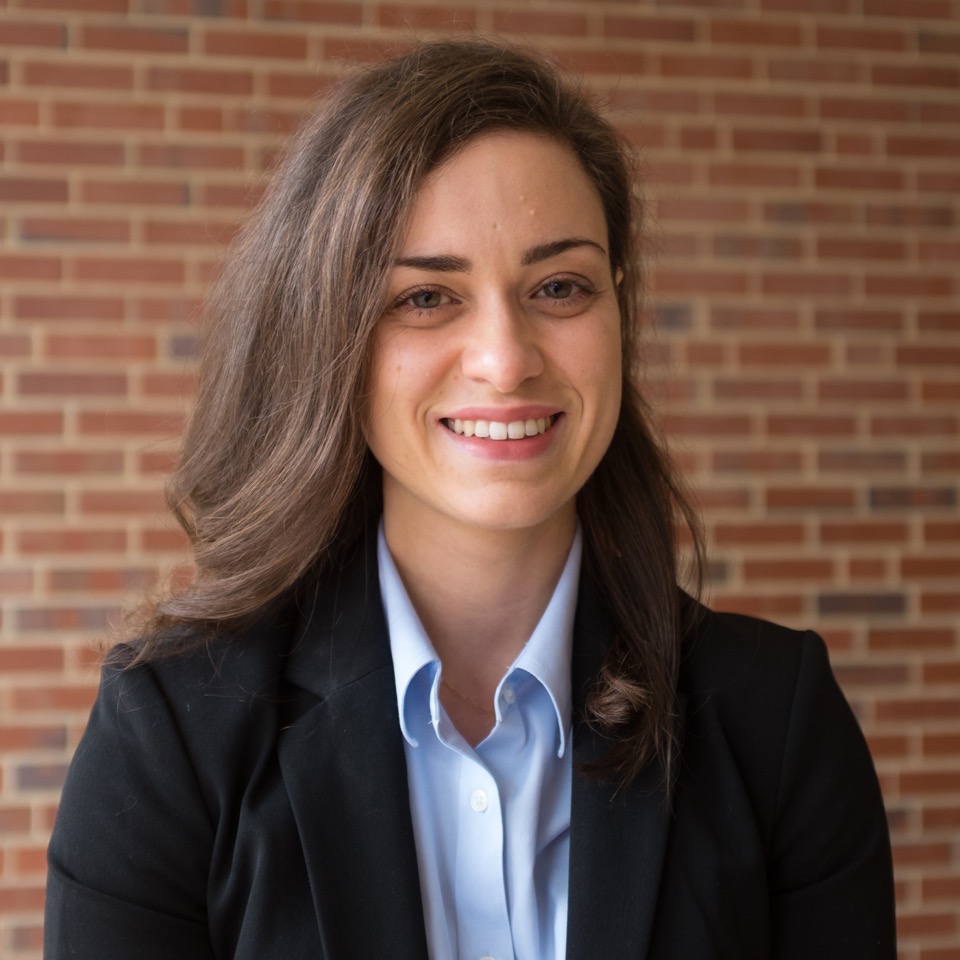
Having access to private or public transportation is important regardless of income or social status. It is also significant for maintaining social interactions and engaging in life-sustaining activities. However, for the transportation disadvantaged (TD), accessing various forms of public transportation may not always be easy and affordable.
A multi-institution, interdisciplinary STRIDE-funded project led by Dr. Eleni Bardaka at North Carolina State University, explores this topic by taking a collective view of the transportation needs of disadvantaged populations. The study team includes Dr. Noreen McDonald from the University of North Carolina at Chapel Hill, Dr. Ruth Steiner from the University of Florida, Dr. Xia Jin from Florida International University, and Dr. Jeff LaMondia of Auburn University.
“This multi-institution collaboration enables us to take a holistic approach on the study of transportation disadvantaged populations and provide collective recommendations for improving mobility and accessibility to many public agencies in the southeastern U.S. region,” Dr. Bardaka said. “Our study focuses on multiple vulnerable groups (such as elderly and low-income households), considers different contexts and geographies (such as suburbs and rural areas), and explores several emerging mobility solutions, including transportation network companies and mobility as a service (MaaS) systems”.

Who are the transportation disadvantaged? These include the elderly, people with disabilities, low-income households, and households with no personal vehicles. This population has been increasing and tends to live in the suburbs or in rural areas where public transportation options are scarce. It is becoming a challenge for public agencies to find efficient mobility solutions for serving the transportation disadvantaged. Furthermore, accessibility to vital destinations is at the center of this research. Providing safe and reliable transportation to medical appointments is imperative for the transportation disadvantaged.
The interdisciplinary team will each tackle one of five thrusts related to the project. Dr. Bardaka will be responsible for Thrust 1, where she will be looking at the Socioeconomic Impacts and Emerging Mobility Services in Suburban Areas; Dr. Jin has Thrust 2, looking at the Potential of Emerging Mobility Services for an Aging Population; Thrust 3 is Dr. McDonald’s to explore First Mile to Health: Understanding Medical Transportation; Dr. Steiner will work on Thrust 4, looking at Transportation Accessibility for Transportation Disadvantaged Populations; and Dr. LaMondia will look at the Role of Mobility as a Service (MaaS) in Supporting Rural Communities’ Need to Access Urban Areas in Thrust 5.
It is expected that the research conducted in these five thrusts will develop a methodological framework to improve an understanding of the travel behaviors of different transportation disadvantaged groups. It will also provide recommendations to public agencies in order to positively influence transportation planning decisions in the southeastern region of the United States.